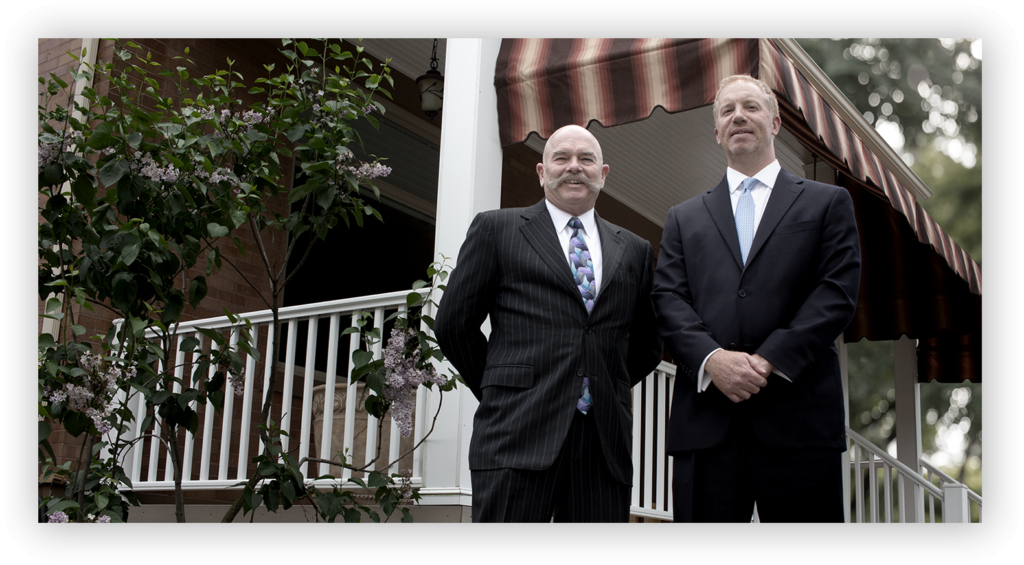Auto Accident FAQs
Motor Vehicle Accident Frequently Asked Questions
Auto accidents are among the most common situations giving rise to personal injury claims in Pennsylvania, and for good reason — there is a surprising amount of negligence in the auto accident context, with this negligence very often leading to significant injury. In a 2016 study conducted by the Pennsylvania Department of Transportation (PennDOT), for example, there were 1,188 traffic fatalities and 82,971 injuries arising from 129,395 reported crashes throughout the state. Many of these accidents were caused by the negligence of involved parties, such as driver intoxication or vehicle defects. The prevalence of auto accidents in Pennsylvania (and elsewhere) is thus closely tied to the frequency of auto accident lawsuits. So it is not uncommon for car accident victims to have a number of auto accident FAQs (Frequently Asked Questions).
Get Free Advice From An Experienced Pittsburgh Auto Accident Attorney. All You Have To Do Is Call 412-837-8426 or Fill Out Our Free Case Evaluation Form.
If you have been injured in an auto accident, Pennsylvania law may entitle you to damages as compensation for your injuries. However, auto accident claims can be rather complicated. A simple claim that initially appears to involve just one defendant may ultimately expand into a complex, multi-party litigation. To ensure that your auto accident injury claims are litigated effectively, it’s important that you consult with an experienced PA auto accident attorney. Call (412) 766-1455 or fill out the online contact form to set up a free consultation with one of the Pittsburgh auto accident lawyers here at Goodrich & Geist, P.C. We have successfully handled countless car accident cases throughout Pennsylvania, including Pittsburgh, Erie, and Beaver, PA.

Auto Accident FAQs – Frequently Asked Questions About Car Accidents in Pittsburgh and throughout PA
Yes, there is a time limit on all civil injury claims in Pennsylvania, including those arising from an auto accident. All auto accident injury claims are subject to a statute of limitations that sets a deadline before which you must file your claim. If you fail to file your claim before the applicable deadline passes, then you will be deemed to have relinquished your claim under the law (and will be barred from recovery).
The statute of limitations for civil injury claims against private defendants is two years from the date of injury. Importantly, however, the statute of limitations is different if the defendant is a public employee or entity. In those cases, the injured party must notify the defendant entity of their intention to file a civil action within six months of the auto accident.
Yes, absolutely. Pennsylvania law allows you to sue multiple defendants and recover from each defendant. Each defendant will be assigned a percentage of the total fault, which is their liability for your injuries. For example, if you are suing two defendants, each of whom is 50% at-fault for your injuries, then you may recover 50% of your total damages from each defendant.
Yes, though there are limitations. Pennsylvania implements the doctrine of comparative negligence. Under Pennsylvania comparative negligence law, plaintiffs may recover damages even when they are partially at fault — so long as they are not 51% or more liable. If the plaintiff is more at fault than the defendants, he or she will be barred from recovery altogether. For example, suppose that you are involved in a car accident on the highway. The court determines that you are 20% at-fault, while the defendant is 80% at-fault. You may recover damages, but your total damages will be reduced proportionally (i.e., $100,000 will become $80,000).
Punitive damages are not like compensatory damages. Punitive damages are awarded for the purpose of punishing the defendant and discouraging others in the defendant’s position from engaging in the same behavior. Punitive damage awards multiply the compensatory damages amount — for example, if you are entitled to $100,000 in compensatory damages, then the punitive damages award may multiply the compensatory damages by three ($300,000 in punitives). Punitive damages are quite rare — they are typically only awarded in cases where the defendant’s conduct is particularly egregious or malicious.
As a general rule, you should never agree to a settlement with your insurer until you have consulted with a qualified auto accident attorney. Your attorney will mediate and guide discussions with your insurer (and with other parties) and help you secure the most favorable result for your case. It’s important to understand that your insurer is not an ally. Your insurer’s interests are not aligned with yours — they are interested in paying out the least amount possible.

